Basalt is a volcanic rock which is researched for building material.
BASALT
Basalt is a volcanic rock which is researched for building material.
It is very resistance and it does not have appreciable adsorption so the floors made by this material don’t need hard maintenance.
It can be used inside with classic finish like honed , polished or brushed surface or outside, with slippery resistance surface like : bush-hammered, sandblasted, chiselled.
The basalt surface has little characteristic holes which can be filled during grouting or it also possible to have filled surface from us.
The basalt, thanks to its high mechanical resistance, can be cut in big tiles with thin thickness like 10 mm (3/8″) or 12 mm (0.47″)
Squares : 300×300 mm (12″x12″), 400×400 mm (16″x16″),600×600 mm (24″x24″ )
Rectangles : 300×600 mm (12″x24″),300×1200 mm (12″x48″),400×600 mm (16″x24″),400×800 mm (16″x32″),400×1200 mm (16″x48″)
It is possible to have also thicker slabs like 20 mm (3/4″) or 30 mm (1 1/4″) and slabs cut to sizes for staircase, countertops.
OUR RANGE OF PRODUCTS
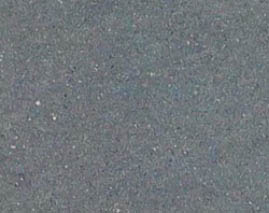
BASALT SURFACE HONED
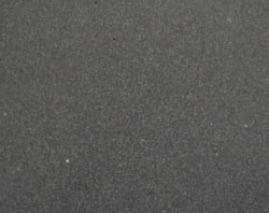
BASALT SURFACE POLISHED
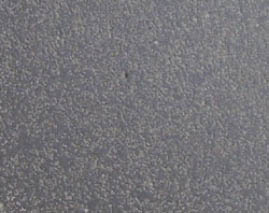
BASALT SURFACE BRUSHED
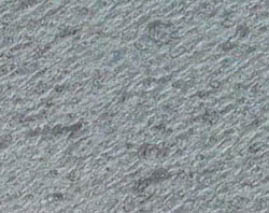
BASALT SURFACE CHISELLED
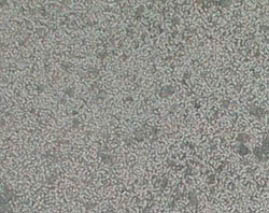
BASALT SURFACE HAMMERED

UPCOMING PROJECT?
Discover how we can help you